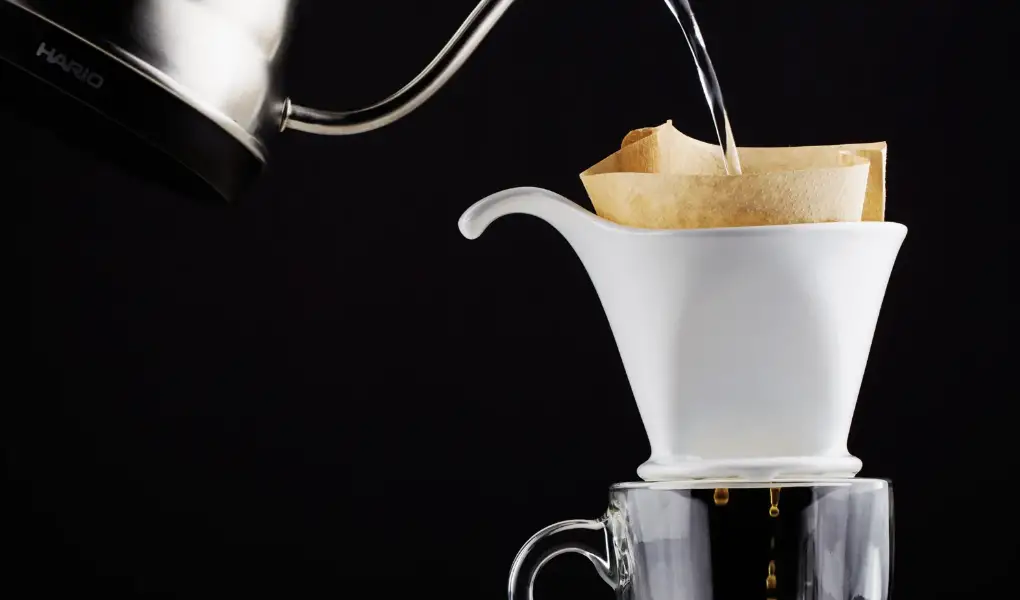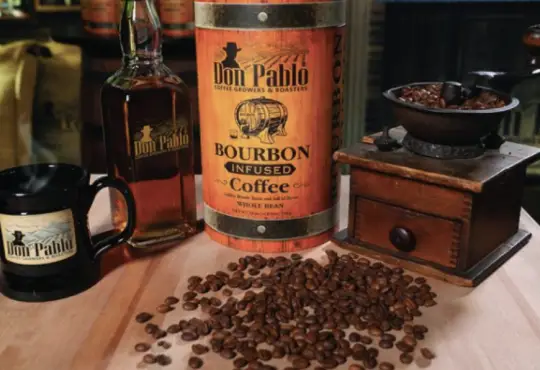
Perfecting Your Brew: Understanding the Best Water for Coffee
Coffee, a beloved elixir cherished by millions worldwide, is a beverage that demands precision and attention to detail to achieve the perfect cup. While the quality of coffee beans and brewing methods are essential, the water used in the process plays an equally crucial role in determining the final flavor and aroma of your brew. In this blog post, we’ll explore the factors that make water the best companion for your coffee, helping you unlock the full potential of your favorite morning ritual.
- Clean and Fresh Water:
The first and most fundamental criterion for the best water for coffee is cleanliness. Using clean and fresh water is crucial to prevent any off-flavors or odors from affecting the taste of your coffee. Filtered tap water or bottled spring water are excellent choices, free from impurities that might taint the delicate nuances of the coffee beans.
- Balanced Mineral Content:
Water that is too hard or too soft can negatively impact your coffee’s taste. Hard water, high in minerals like calcium and magnesium, may create a chalky or bitter taste in your coffee. Conversely, extremely soft water might lead to a flat and under-extracted brew. Strive for balanced water with a mineral content of around 150 ppm (parts per million) to achieve the best results.
- Optimal pH Level:
The pH level of your water is another important aspect to consider. Coffee beans typically brew best in water with a slightly acidic to neutral pH, around 6.5 to 7.5. This range allows for proper extraction and highlights the coffee’s natural flavors. Avoid highly alkaline or acidic water, as it may alter the balance of your brew.
- Tastes of Terroir:
Just like coffee beans, the water’s origin can impart subtle flavors to your brew. The mineral composition and trace elements in water from different regions might interact with the coffee’s compounds, contributing unique taste notes. While some water aficionados might appreciate this aspect, others may prefer water with minimal impact on the coffee’s inherent flavor.
- Consistency is Key:
Achieving the best water for coffee is not a one-time event; consistency is key. If you’ve found a water source that produces a brew you love, stick with it to ensure reliable and repeatable results. Maintaining consistency in your brewing process will allow you to fine-tune other variables, such as grind size and brewing time.
Conclusion:
The best water for coffee is a careful balance of cleanliness, balanced mineral content, optimal pH level, and personal preferences. Clean and fresh water with a mineral content around 150 ppm and a pH level between 6.5 to 7.5 is generally recommended. Embracing these water qualities enhances your brewing experience, allowing the coffee’s natural flavors to shine through and delivering a consistent, delightful cup each time. The next time you prepare your morning brew, remember that water is a vital ingredient in the pursuit of coffee perfection. So, raise your mug to the art of brewing with the best water and savor the rich flavors of your favorite coffee with every sip. Happy brewing!






